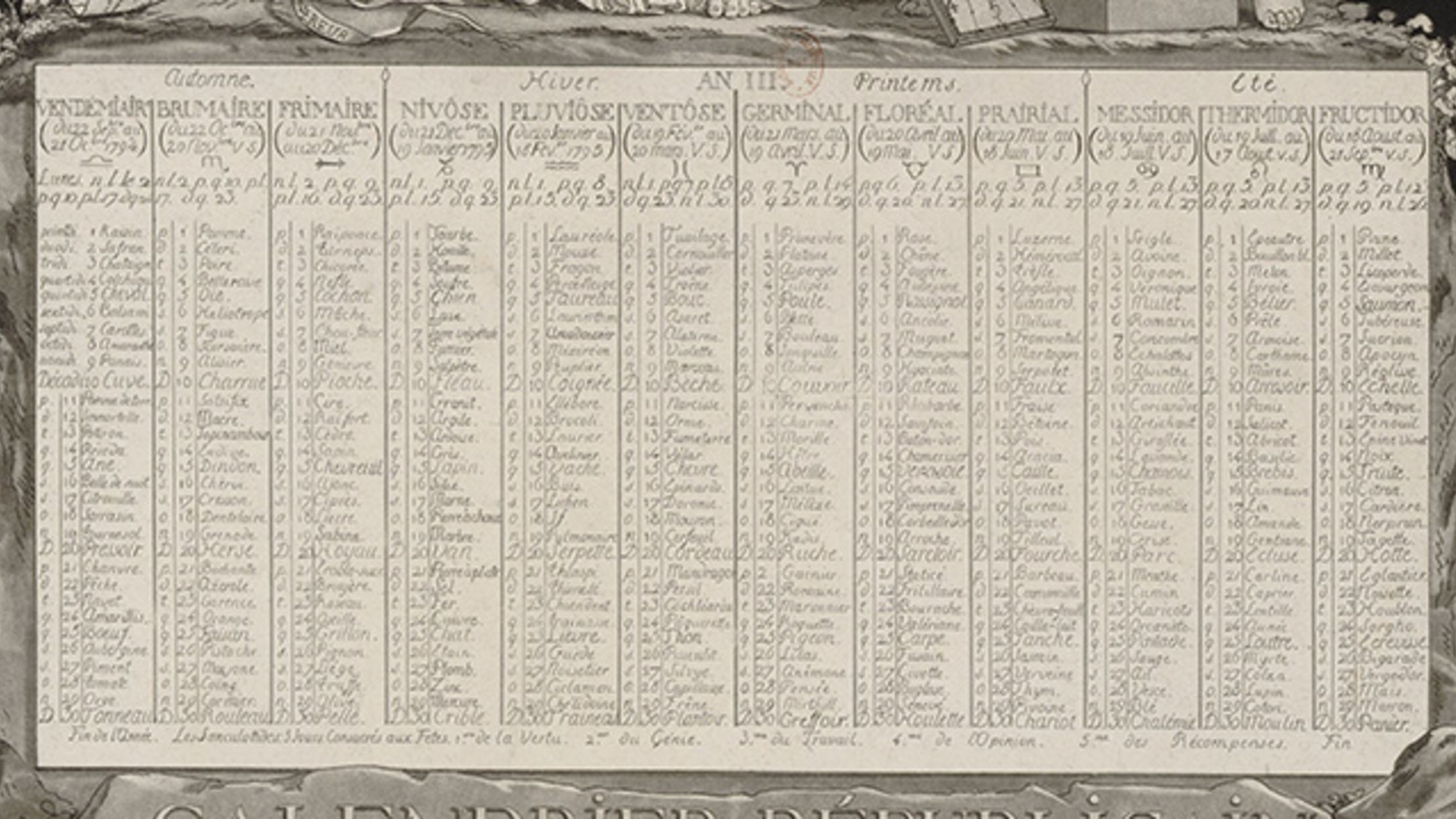

In the end, between over 17,000 so-called enemies of the revolution were executed, and at least another 10,000 died in prison awaiting their trial.
%3A.jpg)
In January 1793, King Louis XVI was executed by guillotine, sparking ten months of unnecessary bloodshed as the Jacobins' Reign of Terror swept through France. This led to the establishment of the National Convention, the first French Republic. In the summer of 1792, a club of extremists known as the Jacobins arrested the king who was attempting to flee. While the National Constituent Assembly, a group of representatives from the Estates-General who were pushing for change, continued to debate France’s political future, influential figures like Maximilien de Robespierre were championing total governmental reform. The following two months were known as the Great Fear as riots and mass hysteria consumed the country. Historians mark July 14, 1789, as the start of the conflict when revolutionaries stormed Bastille, a medieval armory and prison, to arm themselves while simultaneously attacking a symbol of the monarchy’s absolute power. Frustrated with a monarchy that collected heavy taxes but offered nothing in return, the citizenry turned their widespread discontent on King Louis XVI. Image credit: Everett Collection/Shutterstockīy the late 18 th century, the people of France were living mostly in squalor, all except the nobility who lived lavish and expensive lifestyles. The French Revolution (1789 – 1799) Storming Bastille tower, July 14, 1789. The conflict officially concluded two years later with the 1783 Treaty of Paris in which the British abandoned all claims in the US.

The violence continued for several years until George Washington’s troops, alongside the French army, won a decisive victory over the British at the Battle of Yorktown in 1781. On July 4 of the following year, the Continental Congress adopted the Declaration of Independence, an official proclamation rejecting the British monarchy, ultimately laying the groundwork for the formation of the United States of America. War broke out in 1775 with the Battles of Lexington and Concord when the King’s forces were sent to confiscate American military weapons and supplies. At first, they did not openly demand independence, but they denounced taxation without representation within the British Parliament. In 1774, 12 delegates from the thirteen colonies came together to discuss the situation, forming the Continental Congress which served as the governing body of the colonies in the transition to independence. A notable act of rebellion happened in 1773, when a group of protestors known as the Sons of Liberty dumped 342 chests of tea into Boston Harbor to protest taxation on tea, an event that became known as the Boston Tea Party. Pockets of violence broke out as protestors, resenting the new taxes, voiced their unhappiness. Tensions between the British and their 13 American colonies began to mount in 1765 with the introduction of the Stamp Act, a decree imposing unpopular taxes on the colonies as a means to pay off the expenses from the Seven Years’ War with France. The American Revolution (1765 – 1783) The American Constitution and Declaration of Independence. Through bloodshed came change, and whether it was for better or worse, there is no denying the importance of such pivotal moments in our history. The following five revolutions are particularly noteworthy for their long-lasting impact on the world. These uprisings tended to shape not only one country, but several, their influence sometimes crossing continents. Many turned out to be failures, but occasionally, one would result in a triumphant success.
#French revolutionary calendar start year 7 plus
Simulating 2,000+ popular award-winning Tiffen glass filters, specialized lenses, optical lab processes, film grain, exacting color correction, plus natural light and photographic effects, the Tiffen Dfx digital filter suite is the definitive set of digital optical filters for professional photographers, top motion picture filmmakers, video editors, and visual effects artists around the world.History textbooks are filled with pages describing various revolutions: organized groups of people who fought with their lives to replace the existing ruling system with another.


 0 kommentar(er)
0 kommentar(er)
